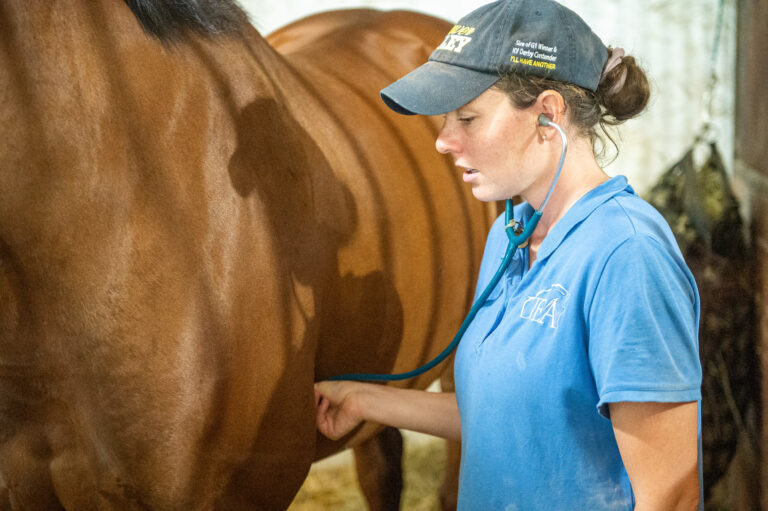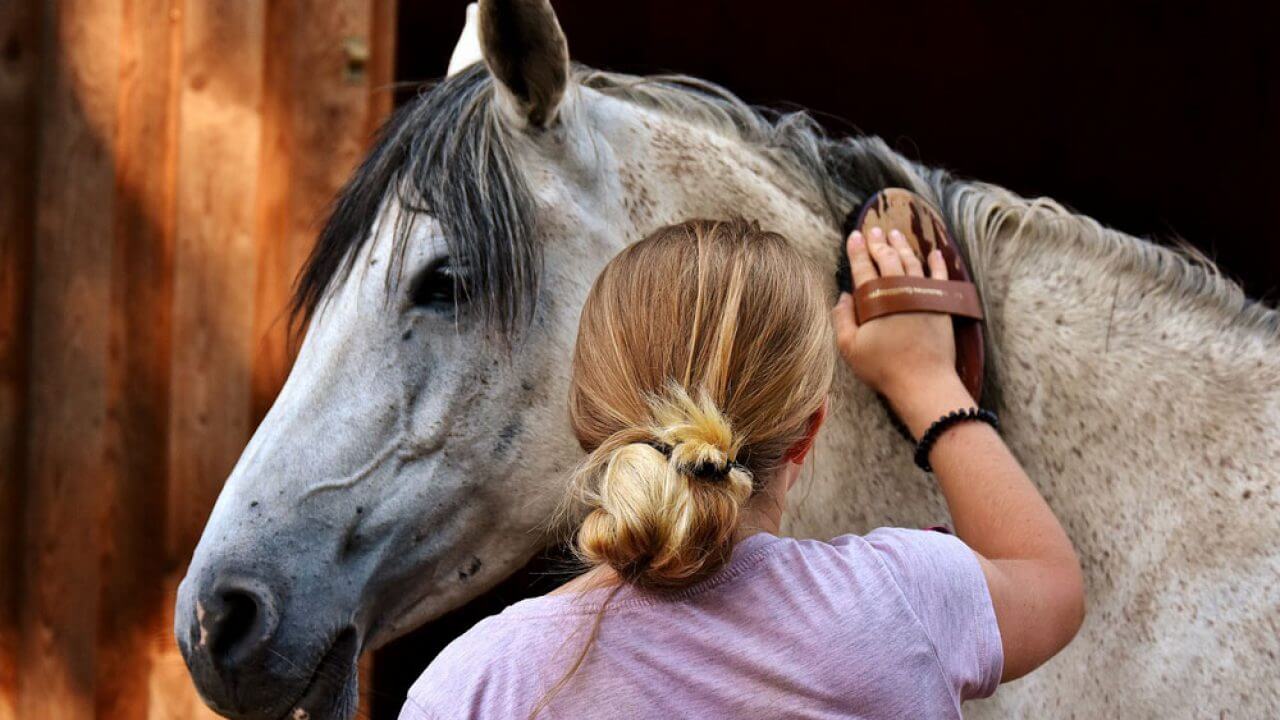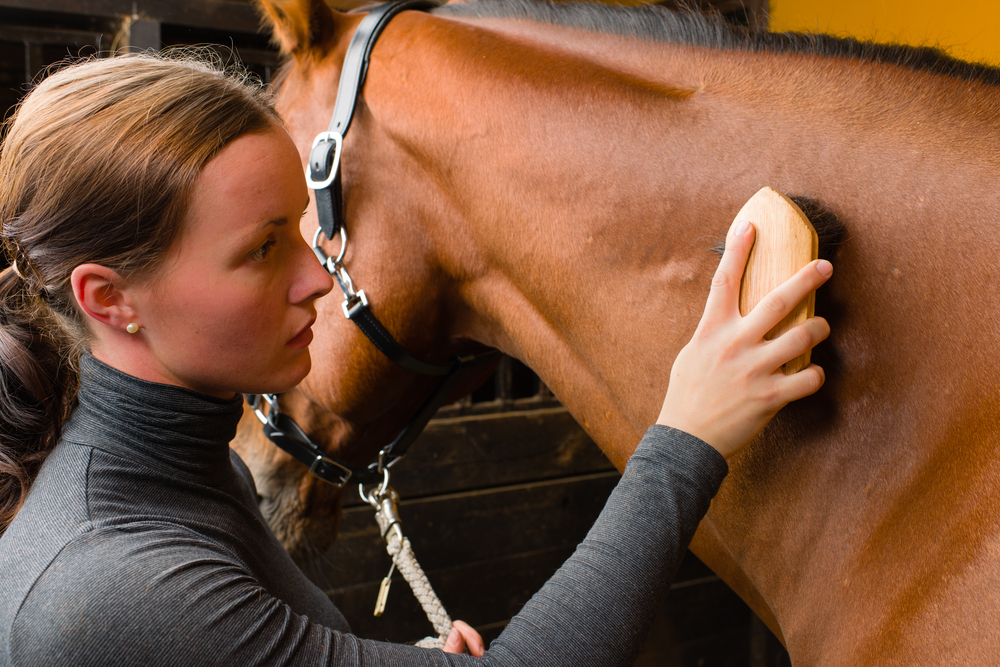As horses age, their nutritional needs transform significantly. Providing adequate senior horse digestive support becomes crucial in maintaining their overall well-being. Understanding the unique digestive requirements of senior horses and implementing a robust support system can lead to healthier and more joyful equine golden years.
Digestive health is a cornerstone of a horse’s overall health and vitality. For senior horses, this aspect becomes even more critical due to age-related changes in their digestive system. Proper senior horse digestive support can prevent many health issues and ensure a better quality of life for these majestic creatures.

Understanding the Aging Equine Digestive System
Changes in Digestive Efficiency
As horses age, their digestive efficiency naturally declines. The ability to break down and absorb nutrients diminishes, necessitating modifications in their diet to ensure they receive all necessary nutrients. This is where appropriate supplements become vital.
Common Digestive Issues in Senior Horses
Senior horses are prone to specific digestive challenges such as colic, gastric ulcers, and weight loss. These issues can often be mitigated by providing targeted digestive support through diet and management strategies.
Essential Nutrients for Senior Horses
Importance of Fiber
Fiber is crucial for the digestive health of senior horses. As their ability to chew and process hay diminishes, providing soft, easily digestible hay or hay alternatives can support their fiber intake.
Role of Probiotics and Prebiotics
Probiotics and prebiotics play a significant role in maintaining a healthy gut flora in senior horses. These supplements can enhance nutrient absorption and prevent digestive disturbances, making them an important part of any senior horse digestive support plan.
Feeding Strategies for Optimal Digestive Health
Small, Frequent Meals
Providing small, frequent meals can aid in better digestion and nutrient absorption. This approach reduces the risk of colic and ensures a steady flow of nutrients into the system.
Hydration and Its Importance
Ensuring that senior horses have constant access to clean, fresh water is essential. Dehydration can exacerbate digestive issues, so maintaining adequate hydration is a key aspect of senior horse care.
Importance of Regular Veterinary Check-Ups
Monitoring Digestive Health
Regular veterinary check-ups are crucial for monitoring the digestive health of senior horses. Early detection of issues can lead to more effective management and treatment plans.
Dental Care for Digestion
Dental health is directly linked to digestive efficiency. Regular dental check-ups ensure that the horse can chew food properly, which is essential for good digestion. Learn more about dental care for horses.
Creating a Supportive Environment
Stress Reduction
Reducing stress in a senior horse’s environment can have a positive impact on their digestive health. Calm surroundings and a consistent routine can prevent stress-related digestive issues.
Exercise and Mobility
Regular, gentle exercise supports healthy digestion in senior horses. It aids in maintaining a healthy weight and promotes overall well-being.
Conclusion
Providing comprehensive senior horse digestive support is essential for the health and happiness of aging horses. By understanding their unique needs and implementing effective strategies, we can ensure that our equine companions enjoy their golden years to the fullest.

Frequently Asked Questions
What are common digestive issues in senior horses?
Senior horses are prone to digestive issues such as colic, gastric ulcers, and weight loss. These can often be managed with proper diet and supplements.
How can I improve my senior horse’s digestion?
Improving a senior horse’s digestion can be achieved through a balanced diet rich in fiber, probiotics, and prebiotics, along with regular veterinary check-ups.
Why is hydration important for senior horses?
Hydration is crucial as it helps prevent complications like colic and ensures efficient digestion. Always provide access to clean water.
For more detailed information on taking care of senior horses, visit BHS or The Plaid Horse.
This article contains affiliate links. We may earn a commission at no extra cost to you.
